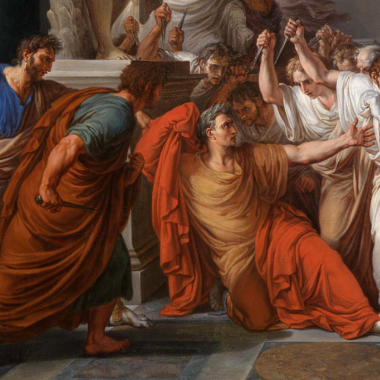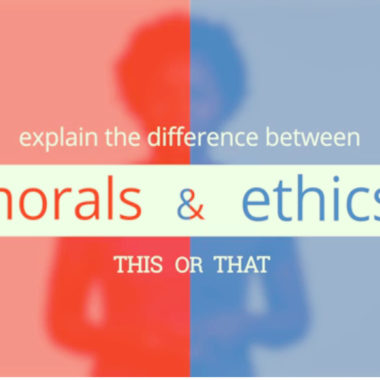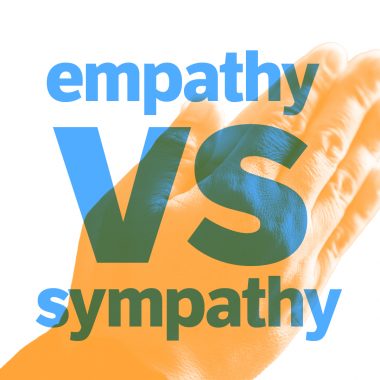What Is The Origin Of “Beware The Ides Of March”?
March 15 is known as the ides of March. But why do we need to “beware” of them? What’s so inauspicious about this otherwise normal day? Why has this humdrum mid-month point become a harbinger of ill fortune? Where did the phrase ides of March come from? First, let’s talk calendars—specifically, the ancient Roman calendar. Unlike today, the ancient Romans didn’t simply number their calendar days in …











